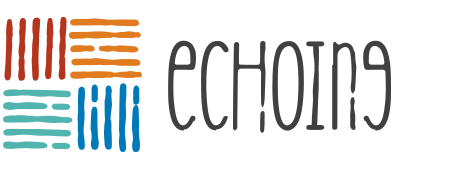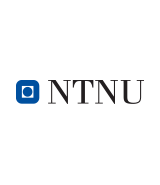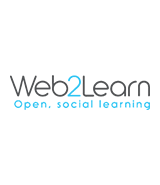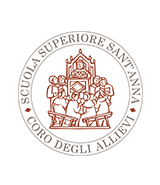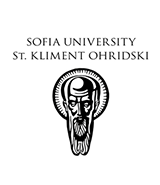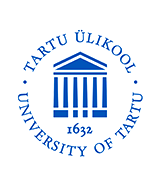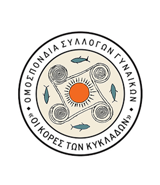eCHOing
eCHOing
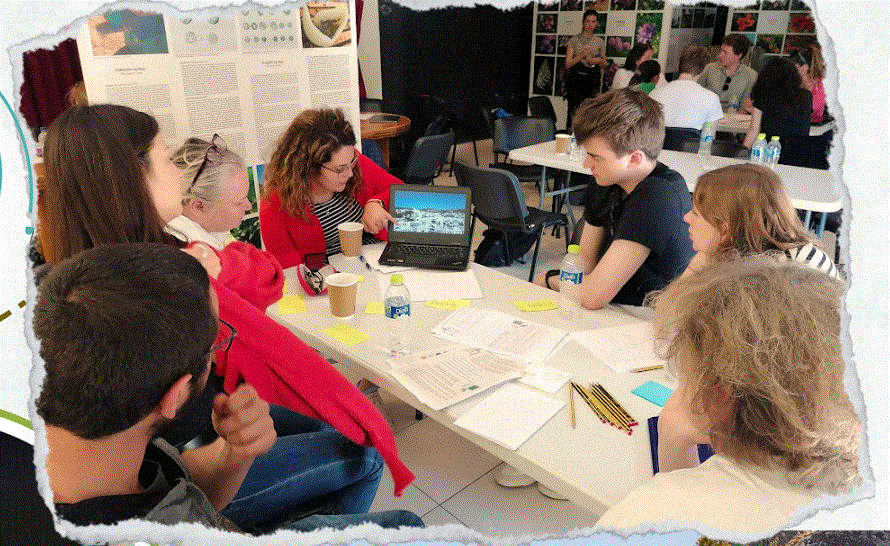
eCHOing project, funded by the Erasmus+ partnership programme has been working on the “Recovery of cultural heritage through higher education-driven open innovation“ (eCHOing) from January 2022 until August 2024 on collaborations between heritage professionals, students and citizens across five countries, focusing on small scale capacity building and new skills transfer.
The project aimed to provide resilient and sustainable solutions through innovative methods like open innovation (OI) and citizen science (CS) to benefit society, focusing on how universities could support the recovery of the cultural and creative sector (CCS), particularly small and medium-sized cultural heritage organizations (CHOs).
Several new tools were developed by eCHOing to familiarize its partners as universities and cultural heritage organizations on how Open Innovation methodology can be used to create resilient collaborative teams :
1. A model of HEI-driven OIP sustainability through Online Modules & Learning Objectives of Open Innovation Training to establish a common training platform between HEis and CHOs.
2. A series of eCHOing webinars and videos on various subjects related to tools and methodologies applied in the CCS and Academia for collaborative projects.
3. Reports and working methodologies that have been developed and tested by the consortium and the eCHOing partners and Associated partners.
An innovative approach
An innovative approach
The pandemic highlighted the power of community-driven initiatives on digital collaboration, such as hackathons and maker spaces, but there was a lack of pedagogical resources on OI's potential and the role of HEIs in this context. The project sought to fill this gap by exploring how HEIs could use OI tools to support CHOs, address the economic and social impacts of their cooperation, and ensure sustainability. The project also emphasized the importance of CHOs in safeguarding collective memories, fostering civic engagement, and promoting social cohesion, especially in rural areas, where they risk disappearing in the competitive post-pandemic market. Reversing this trend was a key goal of the project. The project aimed to create a lasting impact by equipping HEIs with tools and methodologies to drive cultural heritage preservation and innovation, while also promoting social inclusion, and diversity.
The eCHOing consortium would also like to thank all CHOs staff, NGO representatives and University students that worked as volunteers for the implementation of 28 projects of Open Innovation, without their working effort and dedication the successful implementation of the projects would not be possible. The series of the youtube videos showcase the work done by the students that have worked for the implementation of Open innovation projects that have been evaluated as well by the internal and external participants.
This project has been funded with support from the European Commission. This deliverable reflects the views only of the author and the Commission cannot be held responsible for any use which may be made of the information contained therein. All reports and tools are delivered here as project results and as Open Research work but must be cited as advised in each report.

This project has been funded with the support of the Erasmus+ programme of the European Union. The European Commission’s support for the production of this website does not constitute an endorsement of the contents, which reflect the views only of the authors, and the Commission cannot be held responsible for any use which may be made of the information contained therein.
